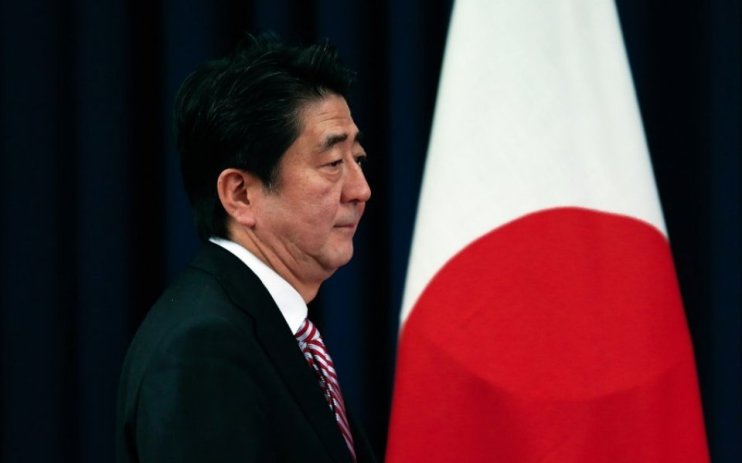Why the UK should upgrade the EU trade deal with Japan

It is definitely in the interest of UK businesses to replicate (or “roll-over”) as many of the EU’s trade deals as possible after Brexit. But some relations are so economically vital that they require some thought.
One of them is Britain’s relationship with Japan. With more than 1,000 Japanese companies operating in the UK, employing nearly 100,000 people (up since June 2016) — Japan is a crucial contributor to the UK economy. Among non-EU countries, Japan is the second-largest investor in the UK — which as of 2016 stood at £60bn.
Prime Minister Shinzo Abe has maintained that copy-and-pasting the EU deal would make little sense on the Japan-UK relationship. The UK should heed his call. In fact, the EU-Japan Economic Partnership Agreement is not the best fit for the UK.
The UK exports much less ham, cheese and luxury sedans than France or Germany. Naturally, the EU agreement with Japan produced considerably fewer gains for the services and investment-oriented UK economy.
In a report released today which I co-authored for the Initiative for Free Trade, we estimate that the EU-Japan Economic Partnership Agreement only affords half the gains enjoyed by the other EU countries.
Brussels prioritised negotiating market openings for farming products that absorbed much of Japan’s concessions, whereas the UK may be more interested in developing new rules for e-commerce and services industries, or facilitating incoming investments from Japan.
In particularly thorny negotiation areas, the UK’s position is more aligned with Japan than with the EU. For instance, the EU could not agree to curb unjustified blockage of lawful transfers of data. As both Japan and the UK embraces the opportunities of digitalisation, they do not need to repeat past mistakes.
Japan also wanted more comprehensive and cost-effective rules to protect foreign investments. Although no Japanese investor has filed a dispute against a government, they seek reinforced assurances.
The increasingly unstable political environment (not least due to populism in Europe) could very well lead to discrimination of foreign investors. As the world’s second-largest source of foreign capital, investment protection is Japan’s number one negotiating priority.
Japanese multinationals are also much more interested in building plants overseas than selling us cars made in Japan. However, Brussels was constitutionally prohibited from engaging in comprehensive negotiations on investment rules.
Japan also matters for geopolitical reasons. It is not just the principal champion of a liberal rule-based order, and arguably the only adult in the room at G7 summits: Japan is in the driving seat of Asia’s key regional trade agreements — CPTPP and RCEP.
Japanese capital forms the backbone of the supply chains in the world’s fastest-growing economies including south-east Asia and China. And when it comes to the UK seeking CPTPP membership, negotiations with Japan are effectively a pre-requisite.
An upgraded Japan-UK agreement will also act as a “down-payment” for further regulatory cooperation with Japan in future, not least for equivalence decisions in banking.
In other areas, it may be challenging for the UK to improve on the EU-Japan Economic Partnership. Immigration policy is one of the worst barriers to trade — visas restrict business visits, internal corporate transfers and overseas projects.
The EU allows not just Japanese service providers and corporate transferees to enter each others’ markets, but also their spouses and children to accompany them.
And Tokyo expects no less from the UK. The UK paid a high price to shape its own trade policy according to its interests. Japan is a typical example of how the UK must use its new policy space.
In areas that matter for the UK economy — like e-commerce and investments — it can make incremental, yet significant, improvements on market openness where before, internal compromises with France and Germany constrained it.
Hosuk Lee-Makiyama is director of the European Centre for International Political Economy and co-author of the IFT report A Better Fit: Remodelling the EU-Japan EPA after Brexit
Image credit: Getty